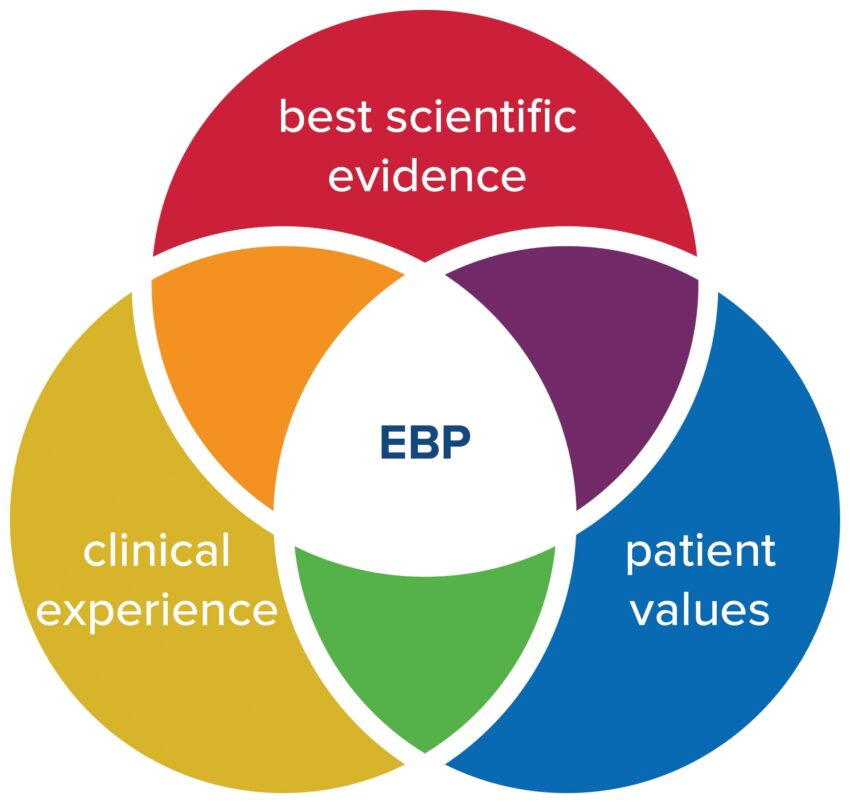MAJECT

Massachusetts Justice and Equity for Child Trauma

MAJECT
Massachusetts Justice and Equity for Child Trauma
Check Out Our Services!
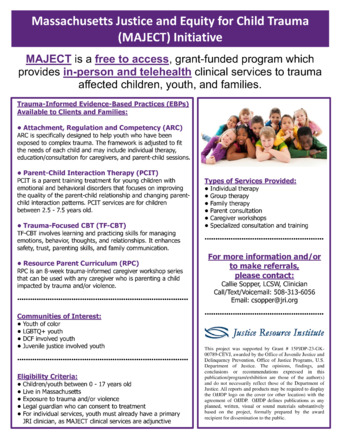
Download Services Flyer
Upcoming Trauma-Informed Caregiver Workshops
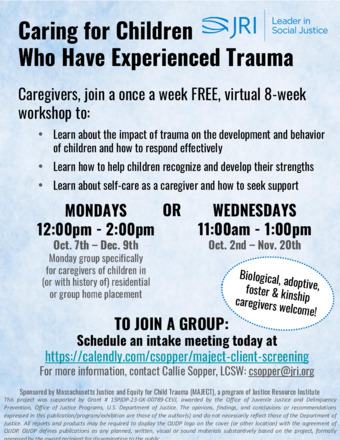
Download Workshop Flyer
ARC is specifically designed to help youth who have been exposed to complex trauma. The framework is
adjusted to fit the needs of each child and may include individual therapy, education/consultation
for caregivers, and parent-child sessions.
Learn more about ARC: https://arcframework.org/what-is-arc/
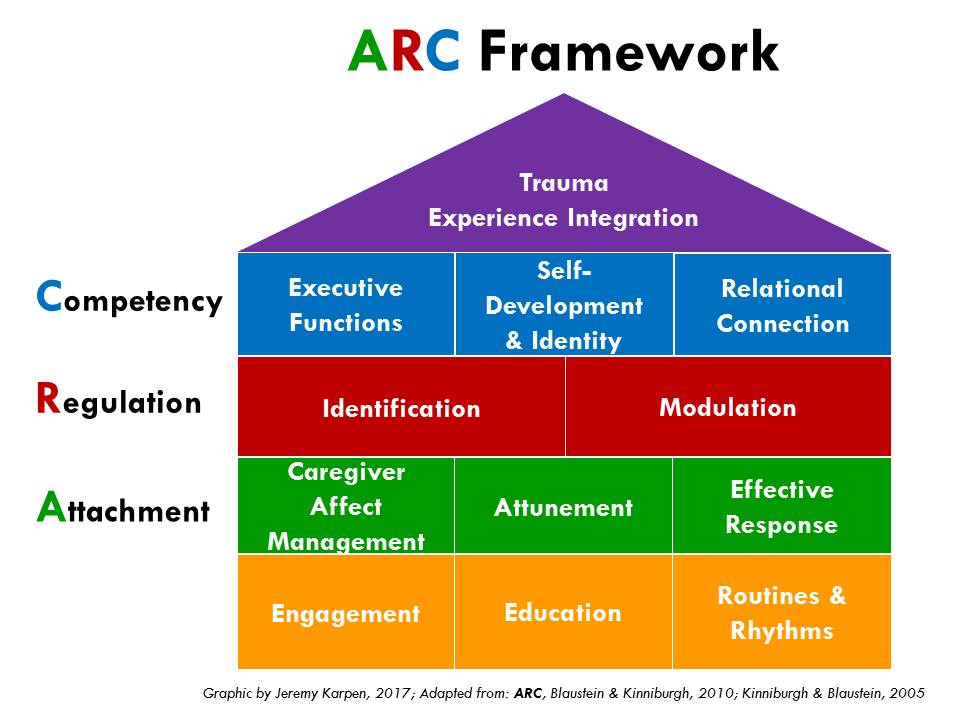
PCIT is a parent training treatment for young children with emotional and behavioral disorders that
focuses on improving the quality of the parent-child relationship and changing parent-child
interaction patterns. PCIT services are for children between 2.5 - 7.5 years old.
Learn more about PCIT: https://www.pcit.org/what-is-pcit.html
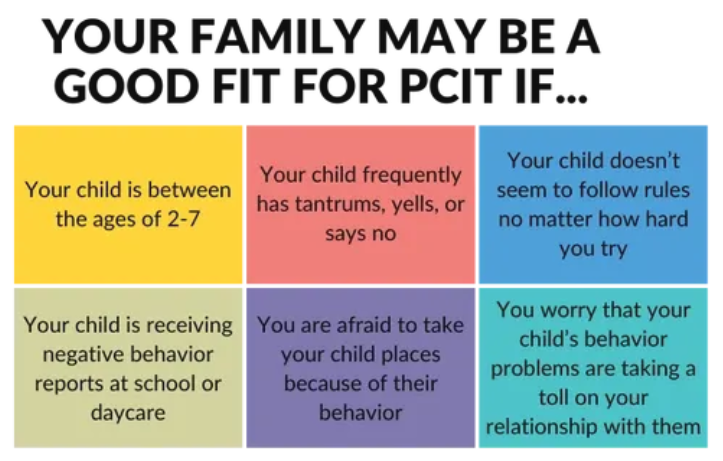
TF-CBT involves learning and practicing skills for managing emotions, behavior, thoughts, and
relationships. It enhances safety, trust, parenting skills, and family communication.
Learn more about TF-CBT: https://tfcbt.org/about/
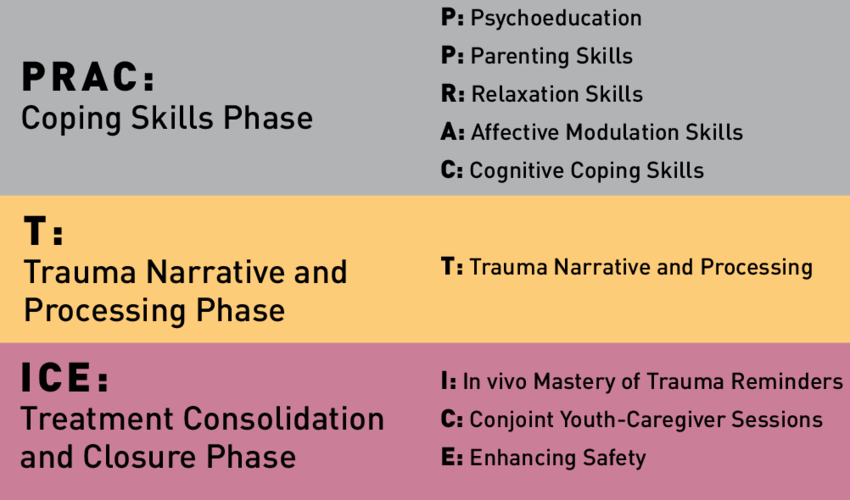
RPC is an 8-week trauma-informed caregiver workshop series that can be used with any caregiver who is
parenting a child impacted by trauma and/or violence.
Learn more about RPC:
nctsn.org/resources/resource-parent-curriculum-rpc-online
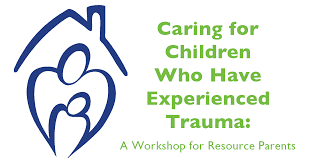
Trauma-informed Evidence-Based Practices (EBPs) such as PCIT, TF-CBT, and ARC, along with evidence-based parenting curricula and practices have been selected for the MAJECT project. They were chosen due to their proven effectiveness in treating youth with childhood exposure to violence (CEV).
Project Clinicians involved in MAJECT participate in ongoing consultation and supervision to ensure that these trauma-informed EBPs are adapted to support children and families affected by CEV, taking into account their unique circumstances and needs.
